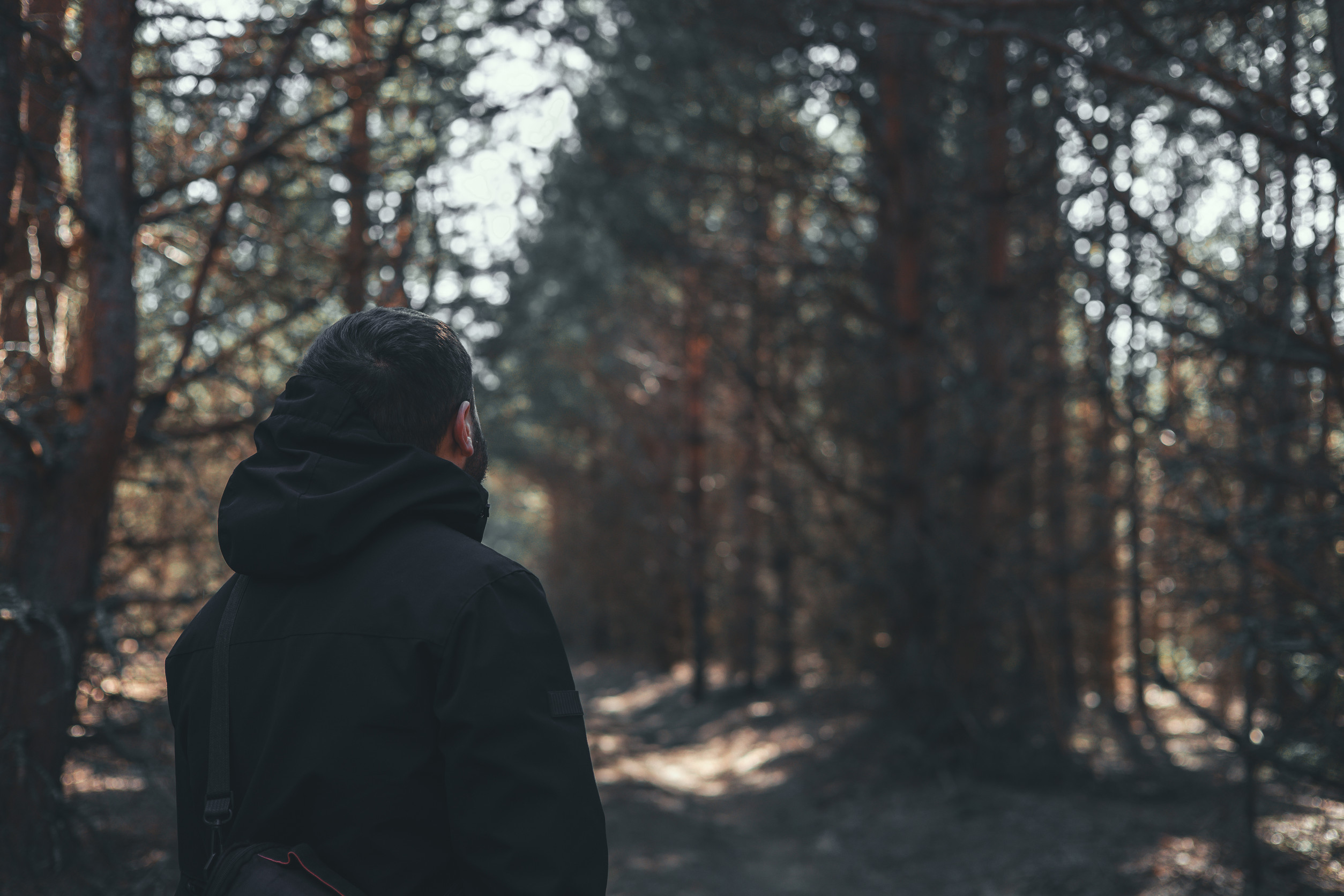Environmentalists have warned about climate change’s effects for decades, and in light of the COP27 conference in Egypt, climate change is certainly on many people’s minds and hearts. Increasingly intense wildfires and other weather events, deforestation, food shortages, species extinctions, and more have started to do real damage to people, their homes, and their way of life.
According to a 2021 International Journal of Environmental Research and Public Health perspective article, climate change is “a lived experience for more and more people.” This transition has caused grief that resembles other types of grieving.
The article defines “ecological/climate grief” as mourning climate change-related losses of ecosystems, landscapes, species, and ways of life.
“Many indigenous peoples experience much more ecological grief because of physical, cultural, and social losses, which arise from a changing environment,” says Panu Pihkala, Ph.D., an expert in climate change psychology and an adjunct professor of environmental theology at the University of Helsinki.
Eco-anxiety—intense concern or worry over global warming and humanity’s inaction—has been Dr. Pihkala’s and others’ research focus. His research links eco-anxiety to ecological grief, two related yet different phenomena.
What is ecological/climate grief?
Researchers are studying ecological grief, a new term for climate-related loss and mourning. Some studies have attempted to define this phrase and its psychological effects.
Last year, the International Journal of Environmental Research and Public Health published an article that defined ecological grief as “grief felt in relation to experienced or anticipated ecological losses, including the loss of species, ecosystems, and meaningful landscapes due to acute or chronic environmental change.”
Grief includes all physical and emotional reactions to loss. Mental Health America (MHA) defines “mourning” as the time after a loss when a person adjusts to their new situation. According to the MHA, mourning is embracing the loss; grief is the outward expression of the emotions related to that loss.
After a loved one dies, specialists have used mourning and grieving to explain feelings of loss.
Climate change researchers think people can grieve environmental losses and other climate change-related events in a similar way. Three specific types of losses that can spark ecological grief are detailed in a 2018 Nature Climate Change paper:
Physical Losses
This encompasses the loss of species, ecosystems, and landscapes. Drought could have dried up your local lake. Or perhaps your favorite seasonal hobby of ice fishing is no longer possible where you live.
Loss of Environmental Knowledge
Due to unpredictable seasons and weather, several Australian farmers have lost hope in their abilities. A person’s identity and generations of passed-down knowledge can feel worthless in these tumultuous circumstances, which often leads to grief.
Future Losses
People can see how their lives, homes, and ecosystems may be damaged or destroyed in the future. That may bring up anticipatory sadness.
Ecological grieving, like other forms of grief, is a rational response to loss, and should not be deemed a mental health “disorder.”
“It’s completely logical to have these feelings, so that’s not a disorder,” says Caroline Hickman, Ph.D., a lecturer and climate change psychology researcher at the University of Bath in England.
The 2018 ecological grief study revealed these risk factors for ecological grief:
- Having a close working or living relationship with a natural environment, such as a farm or forest.
- Having cultural, familial, or religious attachments to land or a natural environment.
Is there a difference between ecological grief and eco-anxiety?
The 2017 American Psychological Association report characterized eco-anxiety as a chronic worry of environmental calamity. It was characterized as “mental distress or anxiety associated with worsening environmental conditions or anxiety experienced in response to the ecological crisis” in a 2021 scoping assessment in The Journal of Climate Change Health.
Pihkala writes that ecological mourning might create anxiety. Both are distinct emotions. “The links between grief and anxiety are profound,” he says.
Pihkala’s research shows that eco-anxiety is primarily forward-looking fear and worry, while ecological mourning is mostly sadness and usually in response to a loss that has already occurred.
Now that we’ve defined ecological grief and anxiety, the next step is to figure out how we might deal with them. Come back tomorrow to read “Eco-anxiety and grief part II: how to cope.”











